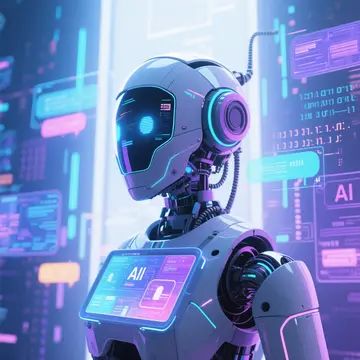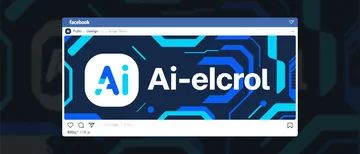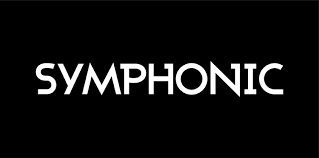?? Introduction: The Growing Divide Over AI Music
AI music tools are evolving fast—capable of generating melodies, lyrics, and even vocals that rival human-created songs. Yet while many technologists and hobbyists are excited, a growing number of artists are speaking out against AI music.
From copyright concerns to fears about the devaluation of creativity, this backlash isn’t just emotional—it’s rooted in real-world implications for art, identity, and livelihood.
In this article, we explore why some artists are against AI music, what their concerns are, and how this movement is shaping the future of the music industry.

?? Why Are Artists Against AI Music?
1. Intellectual Property Violations
Many AI models are trained on copyrighted songs without the artists’ knowledge or consent. Musicians argue that this amounts to unauthorized use of their creative work, especially when AI-generated outputs mimic their styles.
2. Loss of Identity and Artistic Voice
AI-generated covers and deepfake songs now replicate the vocal style of famous musicians. Some artists fear their unique identity can be copied, manipulated, or used to create songs they never approved of.
“An AI-generated Taylor Swift song went viral in 2023—prompting Swift’s legal team to issue takedown notices. This reignited the conversation around artists’ rights in the age of AI music.”
3. Commercial Displacement
As AI tools like Suno, Udio, and Mubert become more powerful, they’re increasingly used by brands and content creators to generate low-cost, royalty-free music—replacing human composers for stock music, ads, and game soundtracks.
Artists against AI music argue this creates an unfair economic landscape where machines mimic art but don't support artists.
?? Real Case Study: The “Human Artistry Campaign”
In 2023, a coalition of over 40 major music organizations and artists—including the Recording Academy, RIAA, and SAG-AFTRA—launched the Human Artistry Campaign. Its goal: advocate for ethical AI practices in creative industries.
Key demands included:
Transparency in training data
Consent from artists
Proper compensation for usage of creative work
“The campaign isn't anti-technology,” said one spokesperson. “It's pro-artist, pro-ethics, and pro-human expression.”
?? Artists vs. AI: Industry Reactions and Legal Developments
?? Legal Momentum
2024: The U.S. Copyright Office began reviewing whether AI-generated content can receive copyright protection.
2025: Several lawsuits involving AI music generators and unauthorized vocal cloning are pending in the U.S. and UK.
?? Artist Testimonies
Billie Eilish: “My voice is not for sale—not to a machine.”
Nick Cave: Called ChatGPT-generated lyrics “a grotesque mockery of what it is to be human.”
Imogen Heap: Advocated for blockchain-based consent layers in AI systems.
These voices reflect a broader pushback from artists against AI music, who seek more control and transparency.
?? Are There Artists Supporting AI Music?
Yes—many independent musicians and producers embrace AI as a creative co-pilot, using it to overcome writer’s block or explore new styles.
However, the distinction lies in collaboration vs. exploitation. Ethical usage, where artists retain control and rights, is often welcomed. The backlash mostly targets unauthorized replication and commercial displacement.
? FAQ: Artists Against AI Music
? Why are artists upset about AI-generated music?
Because AI tools often learn from and replicate their work without consent or compensation, infringing on their rights.
? Are all musicians against AI music?
No. Some embrace AI as a tool. The resistance mainly comes from concerns about ethics, ownership, and loss of creative control.
? Can AI music be copyrighted?
As of 2025, AI-generated content without human input is not eligible for copyright in many jurisdictions, but legal rules are evolving.
? What do artists want from AI companies?
Consent before training on their work
Transparency about data sources
Compensation when their style or voice is used
Clear attribution when AI content is shared
?? Final Thoughts: Finding a Balance Between Tech and Art
AI is transforming music—but not without resistance. The movement of artists against AI music isn’t anti-progress; it’s a call for ethical innovation that respects the human heart behind the song.
As we enter deeper into this AI-infused era, the music industry faces a choice:
Will it prioritize cost and scale?
Or protect creativity, individuality, and fair compensation?
?? The future of music doesn't have to be AI vs. artist—it can be AI with artists, built on transparency, ethics, and collaboration.


